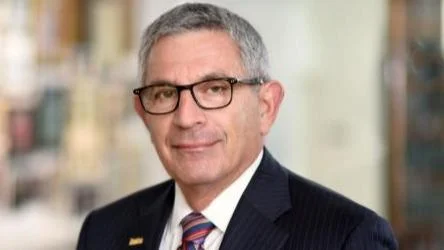
A breakthrough study published in the journal Immunity provides insight into how triple negative breast cancer (TNBC) can evade treatment. Conducted by researchers at Baylor College of Medicine, the study revealed that lipid accumulation in tumor cells and adjacent immune cells plays a role in suppressing the immune system and fostering resistance to therapy. However, disrupting lipid accumulation can counteract this resistance and alter the immunosuppressive environment.
TNBC is typically treated with chemotherapy and immunotherapy, yet some tumors that initially respond can relapse. Using mouse models, researchers identified that surviving TNBC cells amassed lipid droplets containing Omega-6 fatty acids. Neutrophils, a type of white blood cell near the tumor cells, were also found to collect these lipids through single-cell RNA sequencing.
“We found the tumor cells give the lipid droplets to surrounding neutrophils. This shifted the function of the neutrophils from antitumor to tumor promotion,” explained Dr. Liqun Yu, the study's first author and a postdoctoral fellow at Baylor.
Corresponding author Dr. Xiang H.-F. Zhang highlighted, “The prevailing perspective in our field has focused on the role of fatty acid metabolism in regulating the immune response and therapeutic response. We found in this study that not only can fatty acids serve as an energy source, but they also are precursors of immunosuppressive signals the cancer cells can use to fight against our immune system.”
The study showed that by interfering with lipid droplet formation, researchers could reverse treatment resistance and the immunosuppressive conditions. Limiting dietary intake of Omega-6 fatty acids also made tumors receptive again to chemotherapy and immunotherapy.
“We can advise patients to consume a diet low in Omega-6 fatty acids, which is not significantly different from the general advice to lower red meat, fat and sodium intake. We also are exploring therapeutic options to block fatty acid accumulation and immunosuppressive signals between the cancer cells and the neutrophils,” said Dr. Zhang, who also holds the William T. Butler, M.D., Endowed Chair for Distinguished Faculty at Baylor.
This research involved several contributors, including Keziah Liebenberg, Yichao Shen, Fengshuo Liu, Zhan Xu, Xiaoxin Hao, among others. Funding was provided by organizations such as the U.S. Department of Defense, National Cancer Institute, and more.